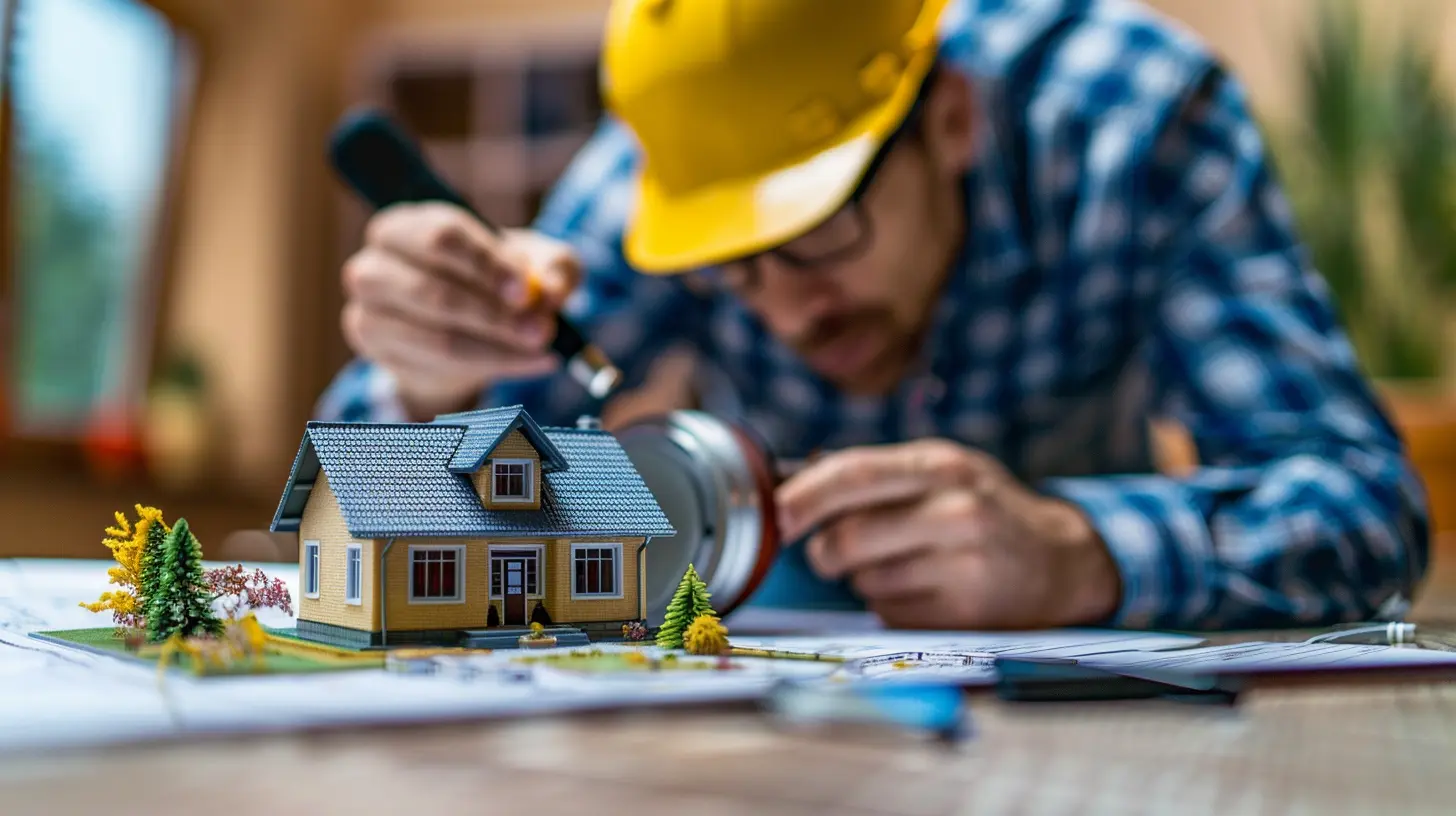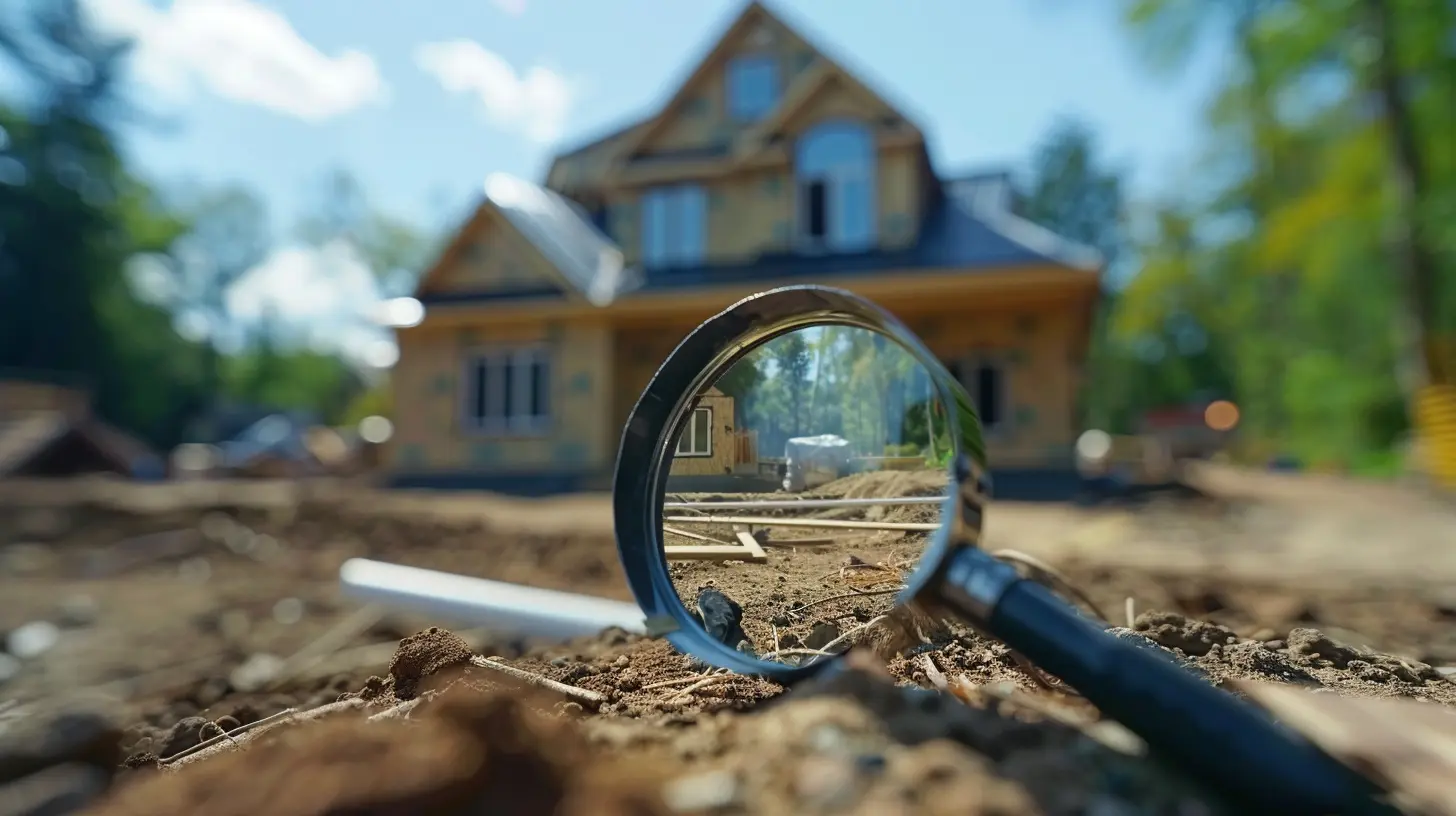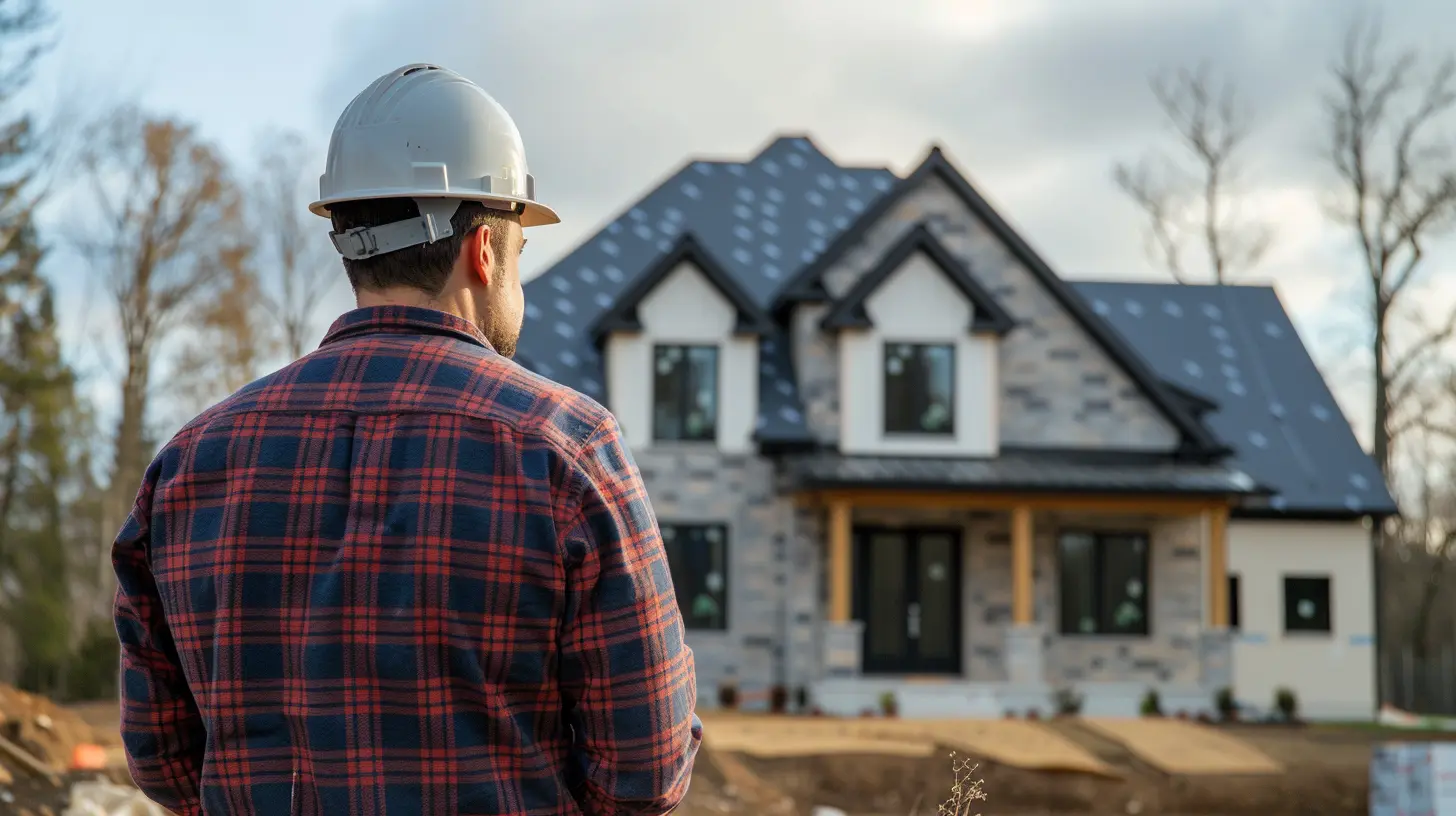Home Inspections for New Construction: Is It Really Necessary?
17 November 2025
When you're buying a brand-new home, it's easy to assume that everything is perfect. After all, it's never been lived in, right? No previous owners, no wear and tear, and—most importantly—it was just built according to the latest codes and standards. So, do you really need a home inspection for new construction?
Short answer: Absolutely!
Many homebuyers skip the inspection, thinking that a brand-new house means a problem-free house. But the reality is, even new homes can have hidden issues lurking beneath that fresh coat of paint. Let’s break down why getting a home inspection for new construction is one of the smartest moves you can make. 
The Myth of "New Means Perfect"
A common misconception is that since a home is newly constructed, every part of it is flawless. But think about this—houses aren’t built by robots in a controlled environment. They’re built by human hands, and even the best builders can make mistakes.New homes go through multiple phases of construction, often involving different subcontractors for plumbing, electrical work, roofing, and more. With so many moving parts, it’s easy for things to slip through the cracks. An independent home inspector ensures that nothing gets overlooked before you move in. 
What Could Go Wrong in a Brand-New Home?
It might surprise you, but even new homes can have a laundry list of issues. Some of the most common problems inspectors find include:1. Structural Issues
From foundation cracks to framing mistakes, structural problems can be costly to fix if they go unnoticed. A home inspector will check for issues like uneven floors, misaligned doors and windows, and poor craftsmanship that could cause long-term problems.2. Plumbing Problems
Leaky pipes, poor drainage, or even incorrectly installed water heaters can pop up in new construction. There have been cases where entire plumbing systems were incorrectly routed, leading to serious water damage.3. Electrical Mishaps
Wiring issues are more common than you’d think. Faulty connections, missing ground wires, or overloaded circuits can not only affect your energy efficiency but also pose safety hazards.4. HVAC System Flaws
Your heating and cooling system needs to be installed correctly to function efficiently. Inspectors often find improperly sized units, poorly sealed ductwork, or even systems missing crucial components.5. Roofing and Insulation Problems
A brand-new roof should last for decades, but poor workmanship can lead to leaks, missing shingles, or inadequate insulation. These issues can quickly turn into high energy bills and costly repairs.6. Code Violations
Just because a home passed the local building inspection doesn’t mean everything is perfect. Municipal inspectors often have tight schedules and may only take a quick glance at certain aspects of the build. A dedicated home inspection goes deeper to ensure everything is truly up to code.
The Difference Between a Builder’s Inspection and an Independent Inspection
Some builders will tell you that the home has already been inspected and that an additional inspection isn’t necessary. But here’s the thing: the builder’s inspection is not the same as an independent inspection.Builder’s Inspection
- Usually done by the builder’s own team.- Focuses on cosmetic issues rather than deep structural or system-related concerns.
- May not be as thorough since builders want to close the sale quickly.
Independent Home Inspection
- Conducted by a third-party professional with no ties to the builder.- Looks at critical systems, structural integrity, and potential safety hazards.
- Gives you an unbiased report, allowing you to address issues before finalizing the purchase.
It’s like getting a second opinion. Would you trust a car manufacturer to tell you if their own vehicle has defects? Probably not. The same logic applies here. 
When Should You Schedule a Home Inspection for a New Build?
For new construction, you don’t just need one inspection—you might need two or even three! Here’s why:1. Pre-Drywall Inspection (Before the Walls Go Up)
Before drywall is installed, inspectors can check the electrical wiring, plumbing, insulation, framing, and HVAC system. This is your best chance to catch issues before they get covered up.2. Final Inspection (Before Closing)
This is the standard home inspection, done when construction is complete. It ensures that everything is working properly, meets code, and is move-in ready.3. 11-Month Warranty Inspection (Before the Builder's Warranty Expires)
Most builders offer a one-year warranty on new homes. Scheduling an inspection around the 11-month mark allows you to catch any defects while the builder is still responsible for repairs.The Cost of an Inspection vs. The Cost of Ignoring It
A professional home inspection typically costs between $300 and $600, depending on the size of the home and the location. While that might seem like an unnecessary expense, consider the alternative:- A hidden plumbing leak could cost you thousands in water damage.
- Undetected electrical issues could turn into a major fire hazard.
- Poor insulation or HVAC installation could skyrocket your energy bills.
Spending a few hundred dollars now can save you thousands in the long run—not to mention the stress and frustration of dealing with unexpected repairs.
How to Choose a Good Home Inspector
Not all home inspectors are created equal. When hiring one for your new build, follow these tips:- Look for Certifications: Choose an inspector certified by organizations like ASHI (American Society of Home Inspectors) or InterNACHI (International Association of Certified Home Inspectors).
- Check Reviews: Read online reviews and ask for recommendations from friends or real estate agents.
- Ask About Experience: Find an inspector with experience specifically in new construction.
- Review a Sample Report: A good inspector should provide a detailed report with photos, explanations, and recommended fixes.
Final Thoughts
Skipping a home inspection on new construction might seem like a good way to save money, but it can end up being a costly mistake. Just because a house is brand new doesn’t mean it’s perfect. Builders, subcontractors, and city inspectors can all overlook potential issues.A professional home inspection acts as your safety net, giving you peace of mind that your dream home is truly move-in ready. It’s one of the wisest investments you can make as a homebuyer—because when it comes to your home, a little extra caution goes a long way.
all images in this post were generated using AI tools
Category:
Home InspectionsAuthor:

Lydia Hodge
Discussion
rate this article
1 comments
Laura McClintock
Absolutely! Even brand-new homes can hide surprises. A home inspection is like a little health check-up for your dream space, ensuring everything shines bright and functions just right. Peace of mind is priceless!
November 20, 2025 at 6:01 AM

Lydia Hodge
Thank you! Absolutely agree—home inspections provide essential peace of mind, even for new constructions. They uncover hidden issues that can save homeowners from future headaches.


